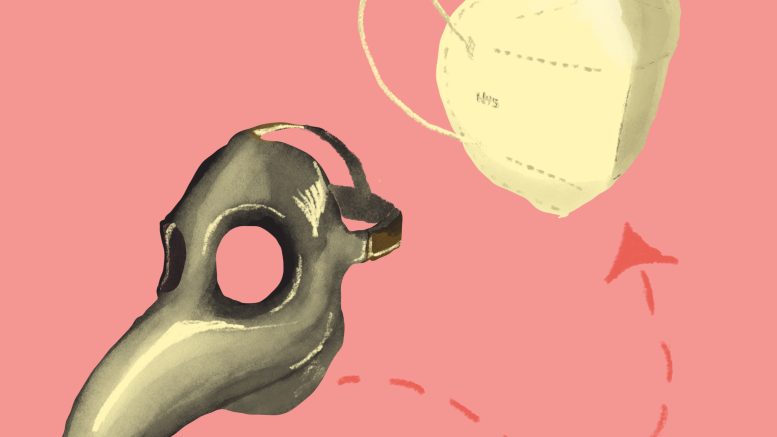From the historic 1918 influenza spread to the ongoing global COVID-19 outbreak, pandemics throughout history have always shaped health structures and policies, and have impacted all areas of society. In Canada, historian engagement in health policy discussions has become more widespread.
According to University of Manitoba history professor Esyllt Jones, “history helps to create context for the situations that we face and to provide insights, not necessarily straightforward lessons per se.”
These insights into past experiences with historical diseases expand ideas and influence decisions in present-day health policies, while emphasizing both the successes and failures of public health in the past.
“I always try to think of it in terms of both contextualizing the conversation that we’re having about where to go next with health care, and providing and dealing with problems of historical amnesia so that there isn’t a sense of starting from scratch on things,” Jones said.
Jones has always been interested in the histories of health issues, labour, the working class and gender.
“A lot of my work talks about the importance, for example, of trust between health providers and members of the public, and that’s a very long-standing issue with health,” she explained.
This past October, Associated Medical Services Healthcare — an organization that seeks to promote medical history research in Canada — announced Jones as one of its five research grant and fellowship award winners in 2022. Jones’s project focuses on the history of health and disease.
Alongside teaching, Jones has been researching the history of infectious diseases for a while. In this research, she has collaborated with scholars across disciplines, ranging from cultural studies to sociology to health sciences. The bulk of this work was focused on developing changes and recommendations to government policy during the COVID-19 pandemic.
Jones explained that her current project “arises from [her] COVID pandemic experience,” as her earlier historical works centred on the influenza pandemic from 1918 to 1920.
“It’s been interesting during the pandemic to see how much historical input has been sought out by, say, the media for example, who were very interested in learning about how societies came through infectious disease outbreaks in the past,” she said.
Over the past few years, Jones has published books on the history of Medicare and worked on possible improvements to health outcomes. She further noted the underrepresentation of historians in health policy.
“All of these things sort of came together during COVID,” Jones explained.
“We’ve had so many challenges with both public health itself and how under resourced public health is, and also with the health-care system, which is now struggling after three years of ongoing challenges with infectious disease, with human resource issues and so on.”
Ultimately, Jones said that her project “tries to look at all these various ways that historians can take advantage of opportunities to become more involved in public policy discussions, both at the public level and with stakeholders.”
“It’s important to provide knowledge and support and research evidence for public perspectives that might influence government policy,” she added.
Starting in 2023, Jones and her research assistant plan on taking a comprehensive approach by developing and analyzing literature to determine the best practices in policy discussions. Additionally, Jones aims to organize public sessions and a conference paper next spring.
At the end of her one-year research project, Jones hopes to receive additional funding that will allow her to continue creating, supporting and building a network of historians in health and diseases.
“I’m thinking about providing toolkits, for example, for people interested in having that kind of dialogue, both for policy makers but also for historians,” Jones said.
“It is an issue I care a lot about,” she continued. “So, I’m going to try to find a way to build it into all the projects that I’m working on.”



